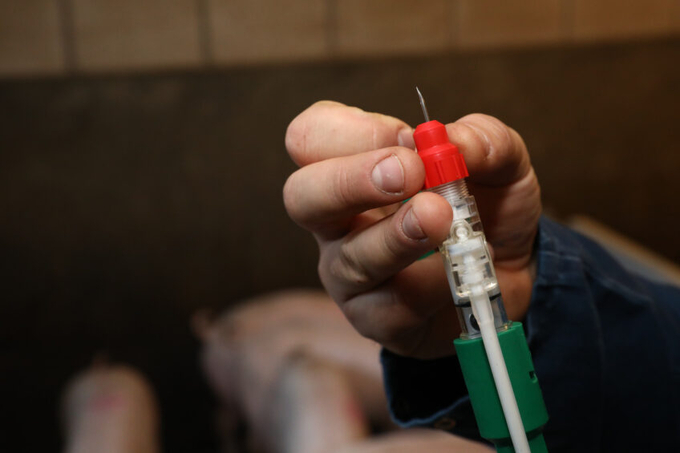November 26, 2025 | 01:14 GMT +7
November 26, 2025 | 01:14 GMT +7
Hotline: 0913.378.918
November 26, 2025 | 01:14 GMT +7
Hotline: 0913.378.918

Producers shouldn't be opting for sub-optimal ASF vaccines, says the WOAH. Photo: Henk Riswick
In addition, the WOAH said, the vaccines should have been subject to regulatory evaluation and approval in accordance with WOAH international standards.
The WOAH wrote: “The use of non-compliant and poor-quality vaccines may not confer any protection against ASF and risks spreading vaccine viruses that could result in acute or chronic disease. Additionally, these vaccine viruses could also recombine with field strains to generate novel strains that could evade detection and result in acute, chronic and persistent ASF infections on farms.”
The organisation stresses that any attempt should be part of a bigger plan. “Regardless of vaccine efficacy, vaccination programmes should be implemented as part of a comprehensive prevention and control strategy, which should include other important control measures such as strict biosecurity, import measures and movement controls.”
“Vaccination, if used, should be conducted under a well-designed vaccination programme that takes into account, among other factors, the local epidemiology of the disease, the expected objectives of vaccination and the adequacy and sustainability of the relevant technical, financial and human resources. They should always include post-vaccination surveillance and monitoring as well as an exit strategy for the cessation of vaccination, as mentioned in WOAH international standards on vaccination.”
(PP)

(VAN) Brazil's COP30 presidency pushed through a compromise climate deal on Saturday that would boost finance for poor nations coping with global warming but that omitted any mention of the fossil fuels driving it.

(VAN) Poultry farmers in the UK have been warned that they could face one of the worst winters yet for bird flu.

(VAN) Prices of main-crop paddy have risen sharply, with jasmine rice hitting 16,100 baht per tonne — the highest level in years.

(VAN) In Brazil, FAO unveiled a series of reports and initiatives showing how sustainable agrifood systems are a solution to the climate crisis.

(VAN) With names like neodymium and dysprosium, rare-earth elements sound exotic — and their perceived scarcity has only added to the mystique.

(VAN) In a new study published in Trends in Biotechnology, researchers used a gene-editing technology called CRISPR to increase a fungus's production efficiency and cut its production-related environmental impact by as much as 61%- all without adding any foreign DNA.

(VAN) A top official in Beijing’s Cop delegation says China is committed to clean energy – but US’s absence is a problem.